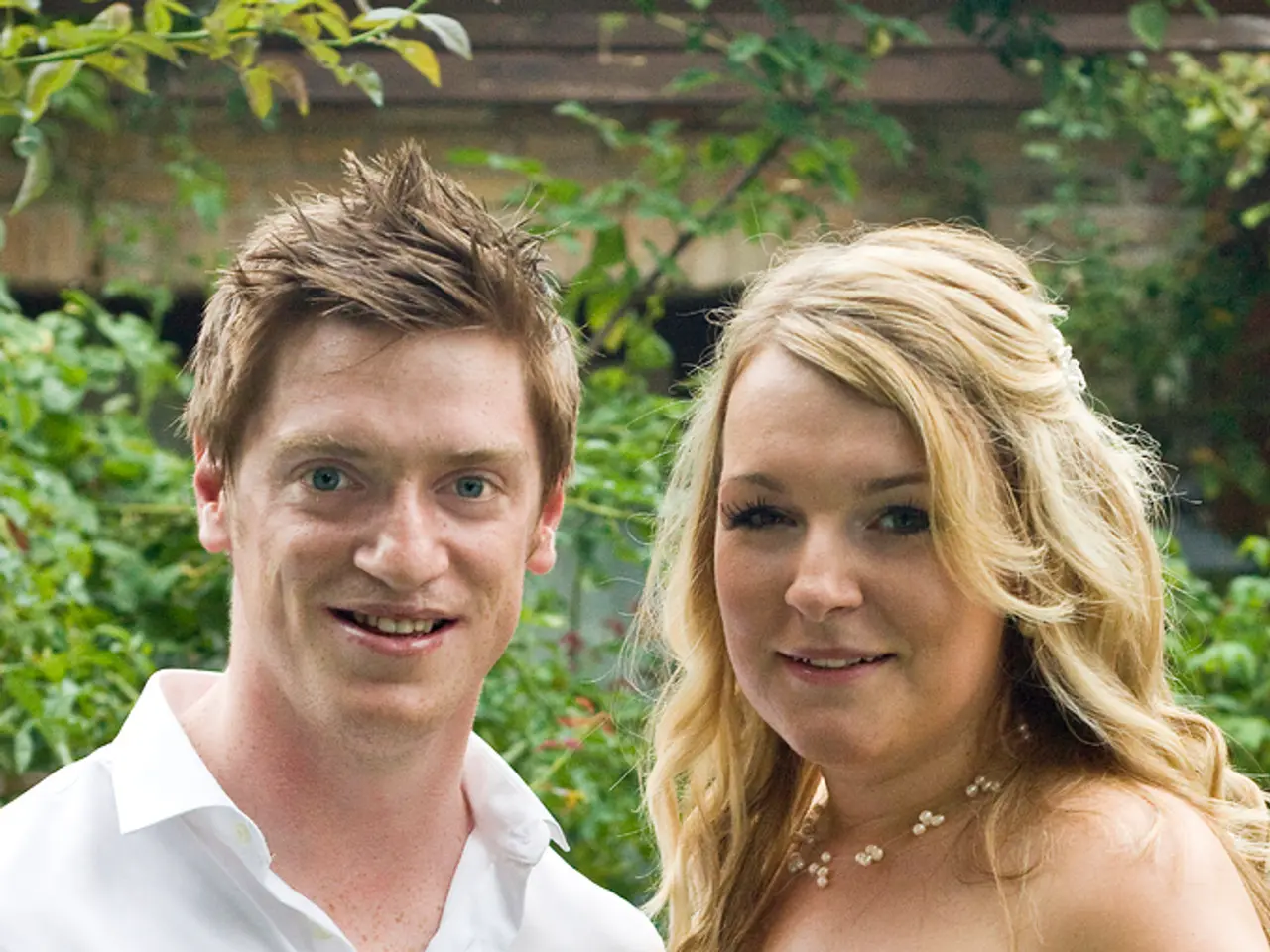Discovering Why Happily Ever After Often Falls Short and An Insight Into Authentic Romantic Relationships
In the realm of love and relationships, fairy tales have long been a source of inspiration and hope. However, as we delve deeper into the complexities of human connection, it becomes clear that the enchanting endings presented by Disney and popular culture are but a sanitised version of much darker, more complex original stories. Real relationships are messier, more mundane, and rarely resolve with a single magical gesture.
10 Brutal Truths About "Happily Ever After" and Fairy Tale Endings in Relationships
1. Fairy Tales Are Fiction, Not Blueprints: The enchanted endings presented by Disney and popular culture are sanitised versions of much darker, more complex original stories, which often featured betrayal, violence, and tragic loss.
2. "Happily Ever After" Is Not a Final Destination: The fantasy that love fixes everything is dangerous. Relationships require ongoing effort, communication, and adjustment. The idea that marriage is a finish line obscures the reality that it’s just the beginning of a journey filled with ups and downs.
3. Projecting Fantasy Leads to Disappointment: People often expect their partner to play the role of a fairy tale savior, leading to inevitable disappointment when reality intrudes. This projection can cause resentment and conflict as neither person can live up to the imagined ideal.
4. Love Alone Is Not Enough: Contrary to the fairy tale message, love is not sufficient to overcome all obstacles. Relationships demand compromise, respect, and mutual growth. Without these, love can falter or even turn destructive.
5. There Are No True Villains or Heroes: Real relationships lack the clear antagonists and protagonists of fairy tales. Both partners have flaws, make mistakes, and must learn to navigate conflict together—not by vanquishing an evil stepmother, but by working through real-life issues.
6. Fairy Tales Can Be Harmful to Relationship Expectations: The belief in a "perfect" partner and a "magic fix" can lead people to overlook red flags, tolerate abuse, or avoid necessary endings because they’re waiting for the story to turn around.
7. Sacrifice Doesn’t Always Lead to Reward: Many original fairy tales, like The Little Mermaid, show that self-sacrifice may not be rewarded with love or happiness—sometimes, it leads only to loss. In real life, excessive self-sacrifice can result in resentment and emotional exhaustion.
8. Relationships Involve Loss and Grief: Fairy tales gloss over loss, grief, and the pain of unmet expectations. Real relationships include these emotions, and “happily ever after” must coexist with them, not erase them.
9. The Need to Accept Reality: Clinging to a fairy tale version of your relationship can prevent you from seeing things as they are, leading to denial and prolonged unhappiness. Accepting reality—even when it’s painful—is essential for growth and genuine connection.
10. Letting Go of the Fairy Tale Opens the Door to Real Connection: When you release unrealistic expectations, you can appreciate your partner for who they truly are, not for the fantasy you wish they’d fulfill. This shift allows for deeper intimacy, resilience, and a more sustainable kind of happiness—one built on authenticity, not illusion.
Fairy tales offer comforting illusions, but real relationships thrive on honesty, effort, and the courage to embrace reality—even when it’s far from magical. Love is about growing together, supporting each other's dreams, and creating a life that brings both partners happiness and fulfillment, rather than finding the perfect person. The importance of compromise, communication, and mutual growth cannot be overstated in maintaining a healthy relationship.
- The mindset that fairy tale narratives serve as blueprints for relationships is misleading, as they often gloss over complexities and present idealized versions of events, rather than providing practical lessons for personal-growth and education-and-self-development.
- The concept of a 'storytelling' that promises unwavering, fairy tale-like relationships and 'happily ever after' endings can potentially hinder personal growth by leading individuals to expect unrealistic scenarios or overlook potentially problematic situations in their actual relationships, damaging relationships and undermining their ability to develop positive lifestyles.
- Inevitably when one projects the notion of a fairy tale savior onto their partner, they establish unattainable expectations which can foster disappointment and strained relationships, potentially causing more harm than good to the growth of their partnerships.




